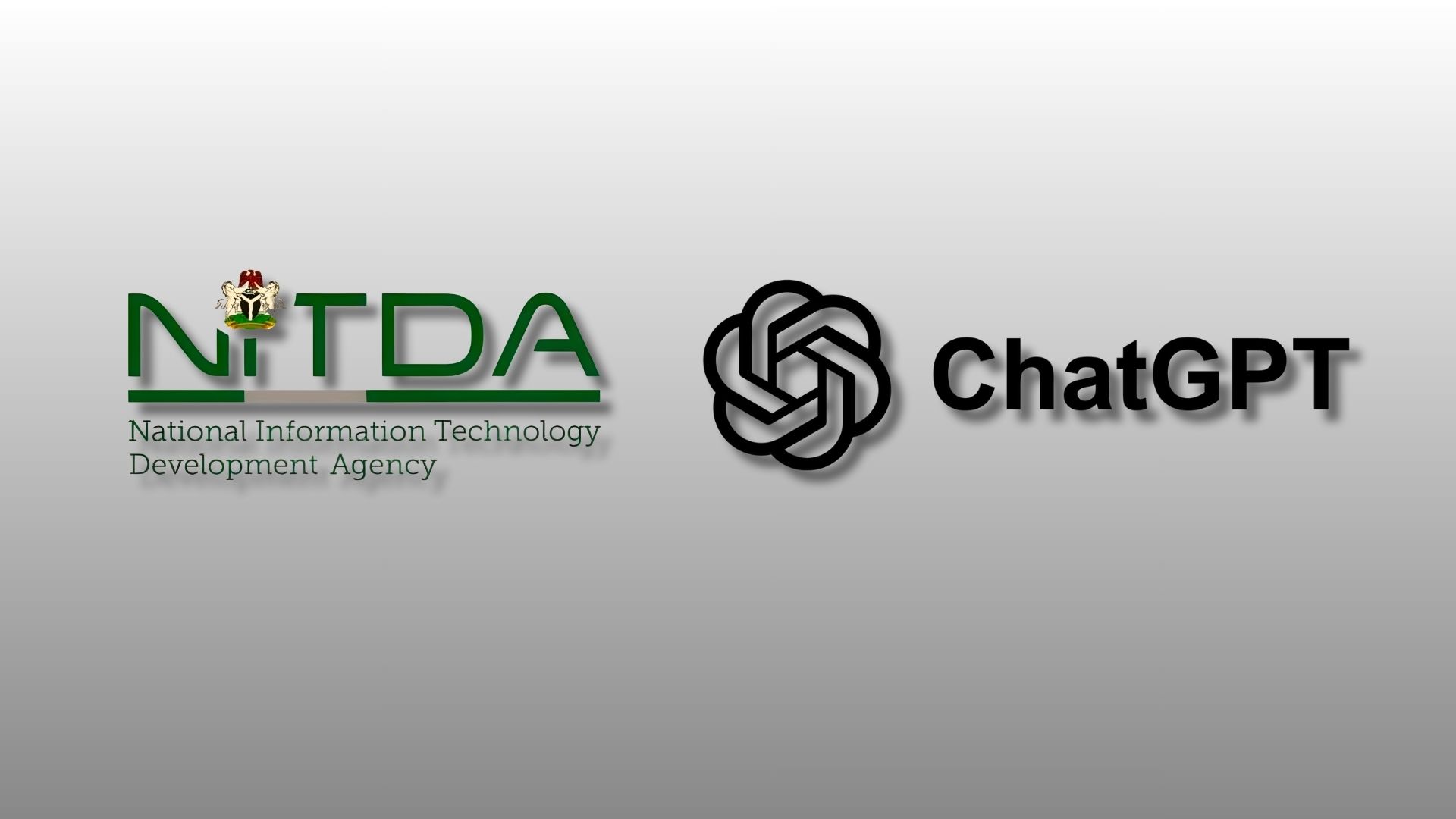Argentina may soon shift its digital-asset policy as the central bank considers rules allowing banks to offer crypto trading and custody services. The proposal marks a move towards integrating a market that has largely operated through exchanges and fintech platforms.
Industry sources say approval could arrive by April 2026 if the process stays on schedule.
Crypto usage in Argentina remains far above regional averages, driven by years of inflation and strict currency controls. Many households use digital assets as a store of value, and regulated banks could provide clearer safeguards and easier access for everyday users.
Regulators are still debating sensitive issues such as custody requirements, capital treatment and which tokens banks would be permitted to handle.
The conversation continues in the shadow of the Libra meme-coin scandal, which left thousands of Argentines with steep losses and highlighted the risks of politically amplified speculation.
Regulators are weighing custody, capital, and token rules while aiming to formalise the market without boosting volatility.
Would you like to learn more about AI, tech and digital diplomacy? If so, ask our Diplo chatbot!










